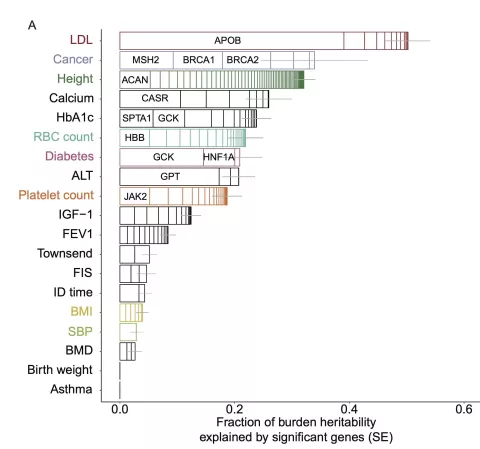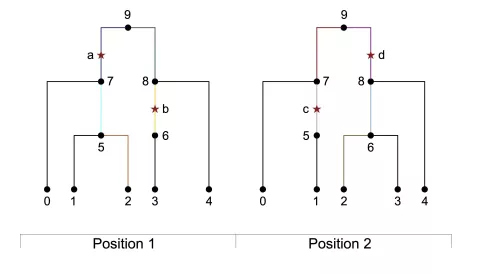Research
We seek to understand the genetic basis of common diseases and traits. Most of our research involves the development of new methods, drawing on a range of statistical and mathematical approaches.
Genetic architecture of rare and common variation
Both common and rare genetic variants influence common diseases and complex traits. We have developed methods to quantify their contributions, to estimate their genetic architecture, and to understand how it is influenced by natural selection. Current areas of focus include integrating functional annotation data, characterizing the genetic architecture of autism, and making forecasts for what will be found in rare-variant association studies at larger sample size.
Weiner*, Nadig* et al. 2023 Nature
Weiner et al. 2022 AJHG
O’Connor 2021 Nat Genet
O’Connor et al. 2019 AJHG
Methods leveraging genealogical relatedness
All humans are genealogical relatives, sharing haplotypes inherited from common ancestors, and haplotype sharing can be leveraged in statistical applications. We developed an efficient genealogical representation for linkage disequilibrium (LD) data, which greatly improves the runtime of statistical calculations involving the LD matrix, and we recently applied this approach to heritability partitioning. Current directions include the development of a new genealogical representation for genotype data and the development of different applications.

